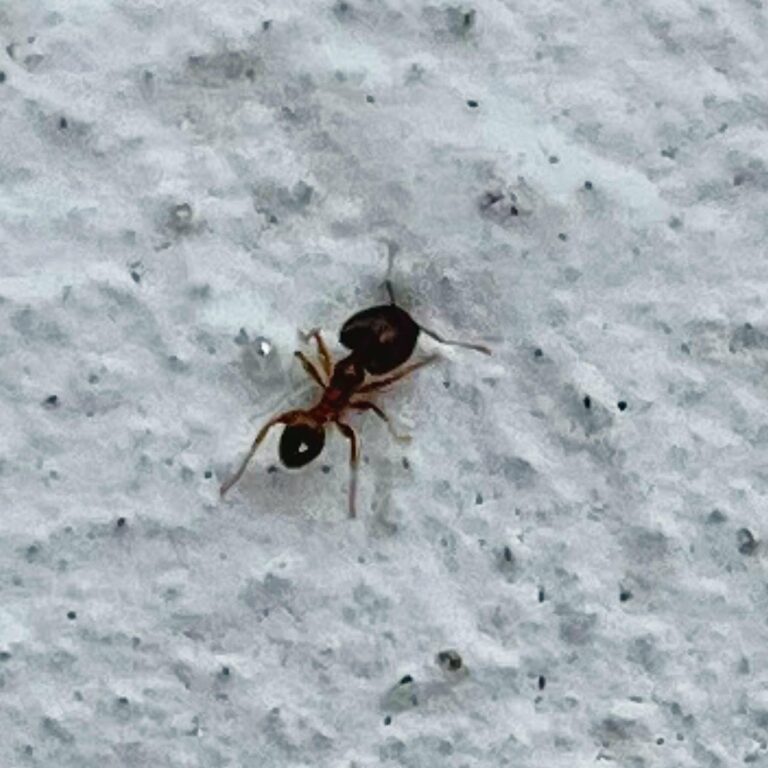Big Headed Ants: Now One of the Most Common Ants in Florida
Published: December 26, 2023

Big headed ants have become increasingly prevalent in Florida, making them a major concern for homeowners and pest control professionals alike. These ants are notorious for being difficult to treat, posing unique challenges when it comes to effective pest control.

Understanding Big Headed Ants
Big headed ants, also known as Pheidole megacephala, are characterized by their distinctive large heads and small bodies. They are native to Africa but area a successful invasive species throughout Florida. These ants are highly adaptable and can thrive in a wide range of environments. They are often confused with Red Imported Fire Ants or RIFA, since they are both soil-nesting ants.
Why Are They a Problem?
One of the main reasons big headed ants have become such a problem is their ability to form large colonies with multiple queens. This makes them incredibly resilient and difficult to eradicate completely. Additionally, they are known for their aggressive behavior towards other ant species, often displacing them from their natural habitats.
Challenges in Treating Big Headed Ants
The resilience and adaptability of big headed ants pose significant challenges when it comes to pest control efforts. Traditional ant baits and sprays may not be effective against these stubborn pests. Their large colonies and multiple queens make it necessary to target the entire colony rather than just individual workers. BHA populations can reach hundreds of thousands of ants.
Another challenge is that big headed ants tend to nest deep within the soil or under objects like rocks or logs throughout your landscape, making it difficult to locate and eliminate their nests. BHA infestations will typically follow along driveways, flowerbeds, and cracks in concrete. This requires a thorough inspection of the property and strategic placement of bait stations or targeted treatments.
Effective Solutions for Big Headed Ant Control
Given the complexities involved in treating them, it is crucial to enlist the help of professional pest control experts who specialize in ant management. These professionals have extensive knowledge and experience dealing with challenging ant species like BHA.
Integrated Pest Management (IPM) techniques can be particularly effective as a big headed ants treatment. IPM involves a combination of strategies such as habitat modification, exclusion measures, targeted baiting, and insecticide treatments. By addressing the root causes of the infestation and implementing a comprehensive approach, pest control professionals can effectively manage big headed ant populations.
Conclusion
Big headed ants have become a significant issue in Florida due to their resilience and aggressive behavior towards other ant species. Their large colonies and adaptability make them challenging to treat using conventional methods. However, with the help of professional pest control experts and integrated pest management techniques, it is possible to effectively control big headed ant infestations.
If you're dealing with big headed ants or any other pests in your home or property, don't hesitate to reach out to All U Need Pest Control. Our team of experienced professionals will work diligently to provide you with effective solutions tailored to your specific needs.